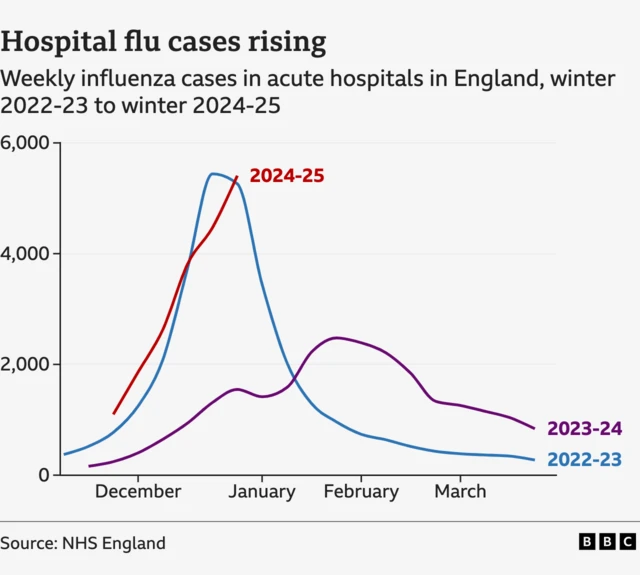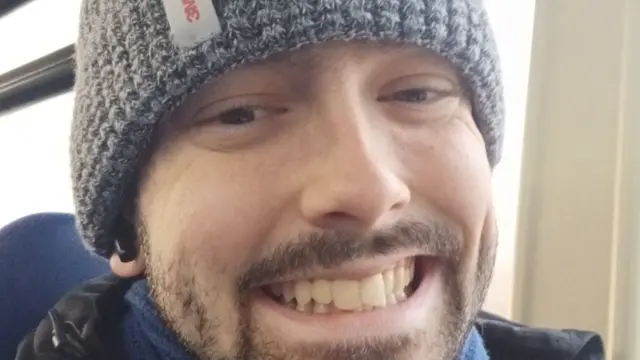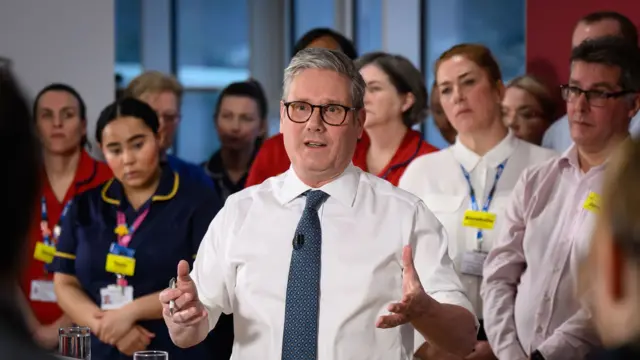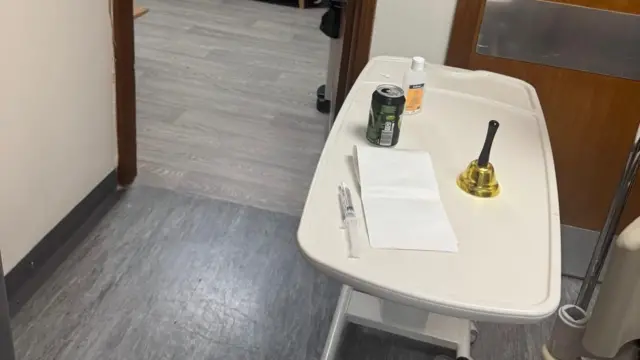‘The hospital was like a Victorian workhouse’published at 11:00 GMT 9 January
Liz Shearer told the BBC her elderly mother spent more than 30 hours in a corridor on a hospital trolley because there were no bays available.
She says her mother, who is in a care home, was taken to Macclesfield District General Hospital after she collapsed on 3 January. Liz says when she first arrived at the hospital she found her mother in a bay but that she was moved to the corridor to give the space to someone else.
“When I arrived there were six ambulances waiting to offload patients,” she says. Her mother didn’t get moved out of the corridor and into a bay until the next day, she says.
“I’ve never experienced anything like that in my life. It was like a Victorian workhouse. The nurses were saying how bad it is, and they were saying they just had to crack on with it.”
- The BBC has approached the East Cheshire NHS Trust for comment.







